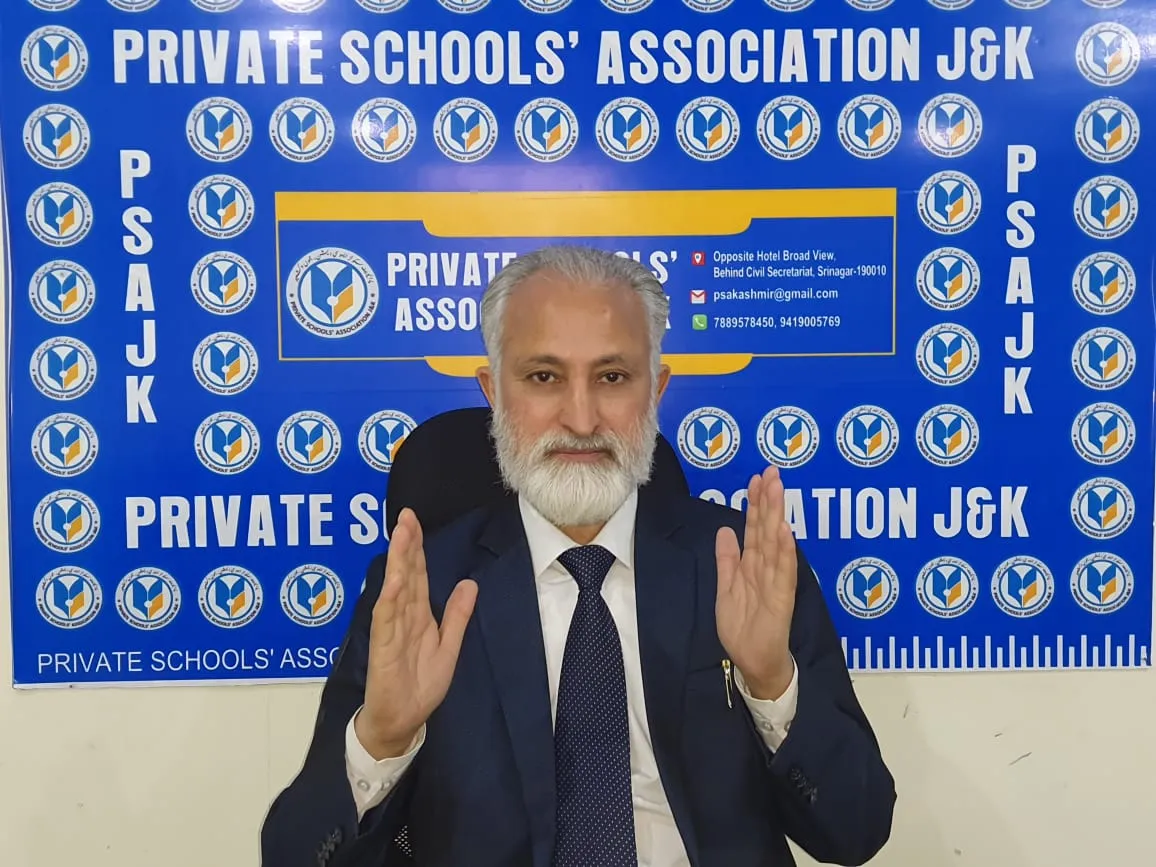Srinagar, Apr 26: The Private Schools Association of Jammu & Kashmir (PSAJK) has expressed its strong condemnation of recent attempts to slander private educational institutions.
Certain individuals, falsely claiming to represent parents, have been resorting to malicious attacks and misleading information campaigns. “We condemn such unfounded accusations that damage the reputation of our schools,” stated a PSAJK spokesperson.
Not only private schools, these individuals are demeaning government officials and official bodies like FFRC, it said.
The PSAJK acknowledged the Fee Fixation and Regulation Committee (FFRC) as a legitimate body despite having differences with its orders. “These directives, often issued without considering private schools’ perspectives, have resulted in unfortunate school closures.”
“Private schools face a constant barrage of regulations from various entities, including the FFRC, the Director of School Education, and the civil administration. This, coupled with the rise of self-proclaimed social media influencers who exploit the situation for personal gain, creates a challenging environment for schools to operate effectively,” a statement said.
“The positive impact of private schools on Kashmir’s education sector, with fees significantly lower than other parts of the country, is being overlooked,” the spokesperson emphasised. “These institutions have revolutionised education, yet their contributions go unrecognised.”
The PSAJK highlighted the burdens faced by private schools, extensive documentation requirements, obtaining NOCs, and navigating taxes and inflation. “Additionally, schools are left in a precarious position when parents default on fees, with no clear mechanism for recourse. Despite these challenges, private schools have established robust grievance redressal systems through dedicated committees. These committees are duly recognised by the government.”
“So where do these social media personalities stand?” The PSAJK questioned the motives of social media influencers who appear to be politically motivated and prioritise personal gain through sensationalised online campaigns.
“These influencers engage in social media propaganda, exaggerate fee structures, and pressure officials into unwarranted actions,” the spokesperson explained. “Their tactics, including blackmailing attempts over trivial issues, create chaos in the education sector.”







